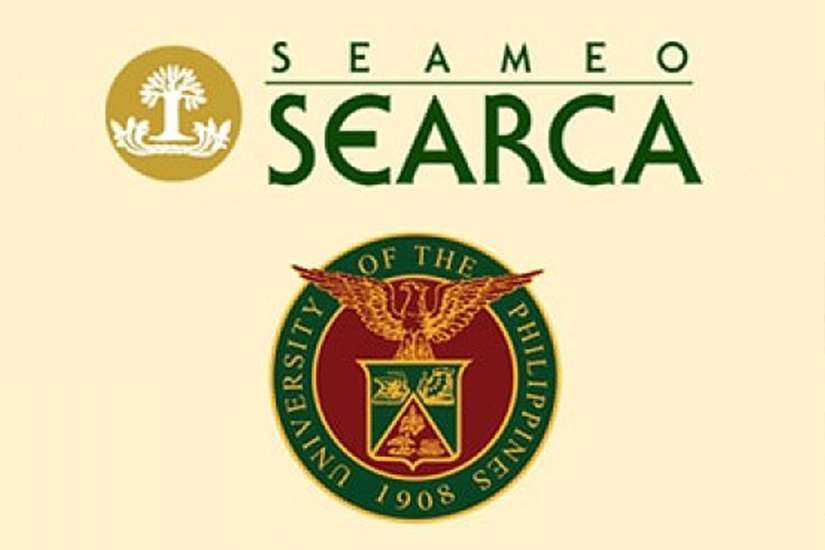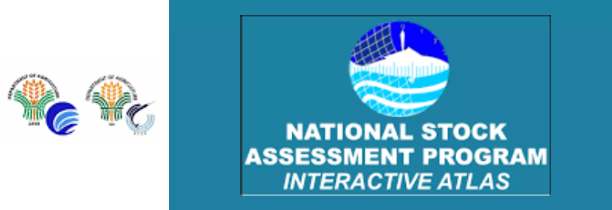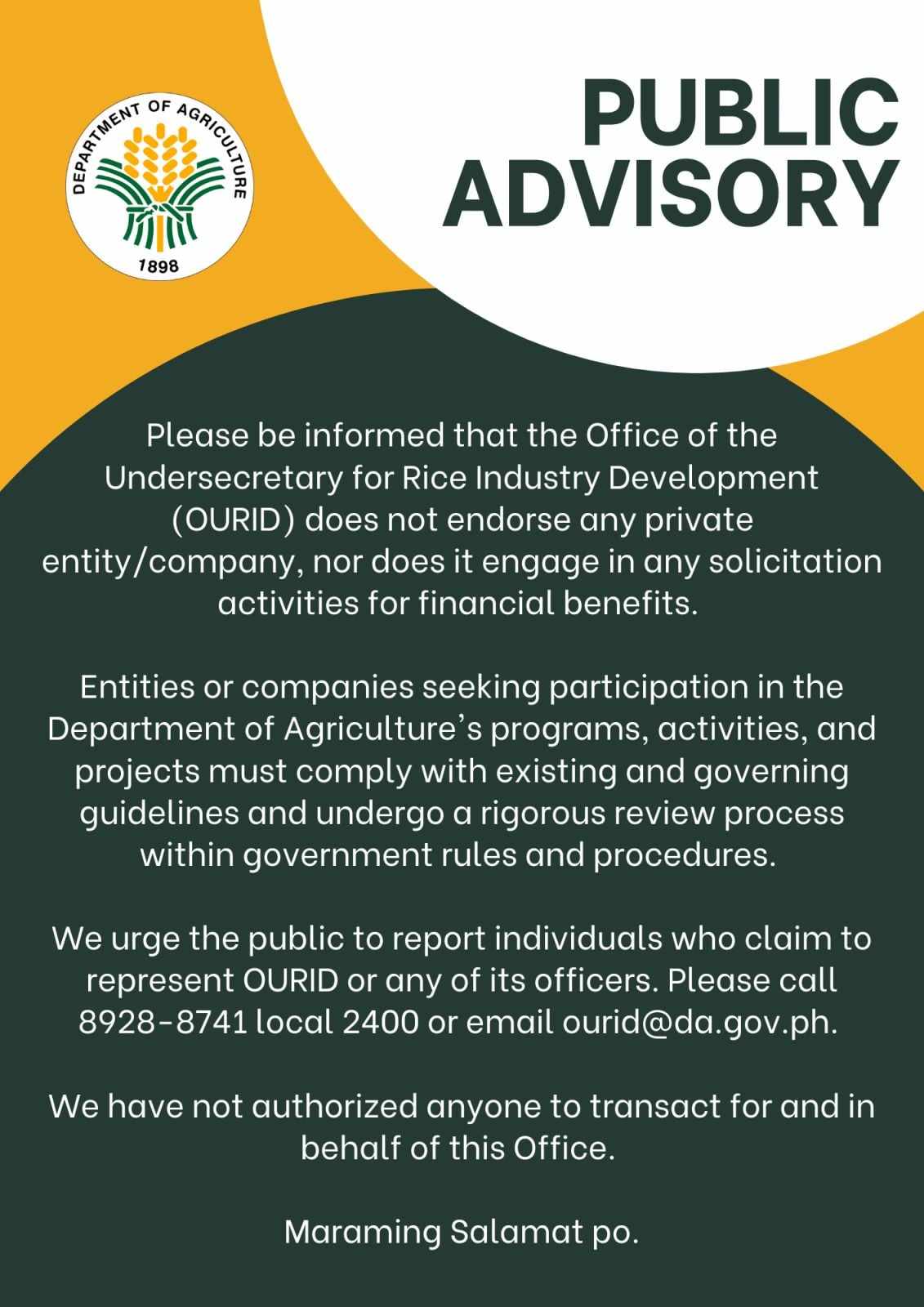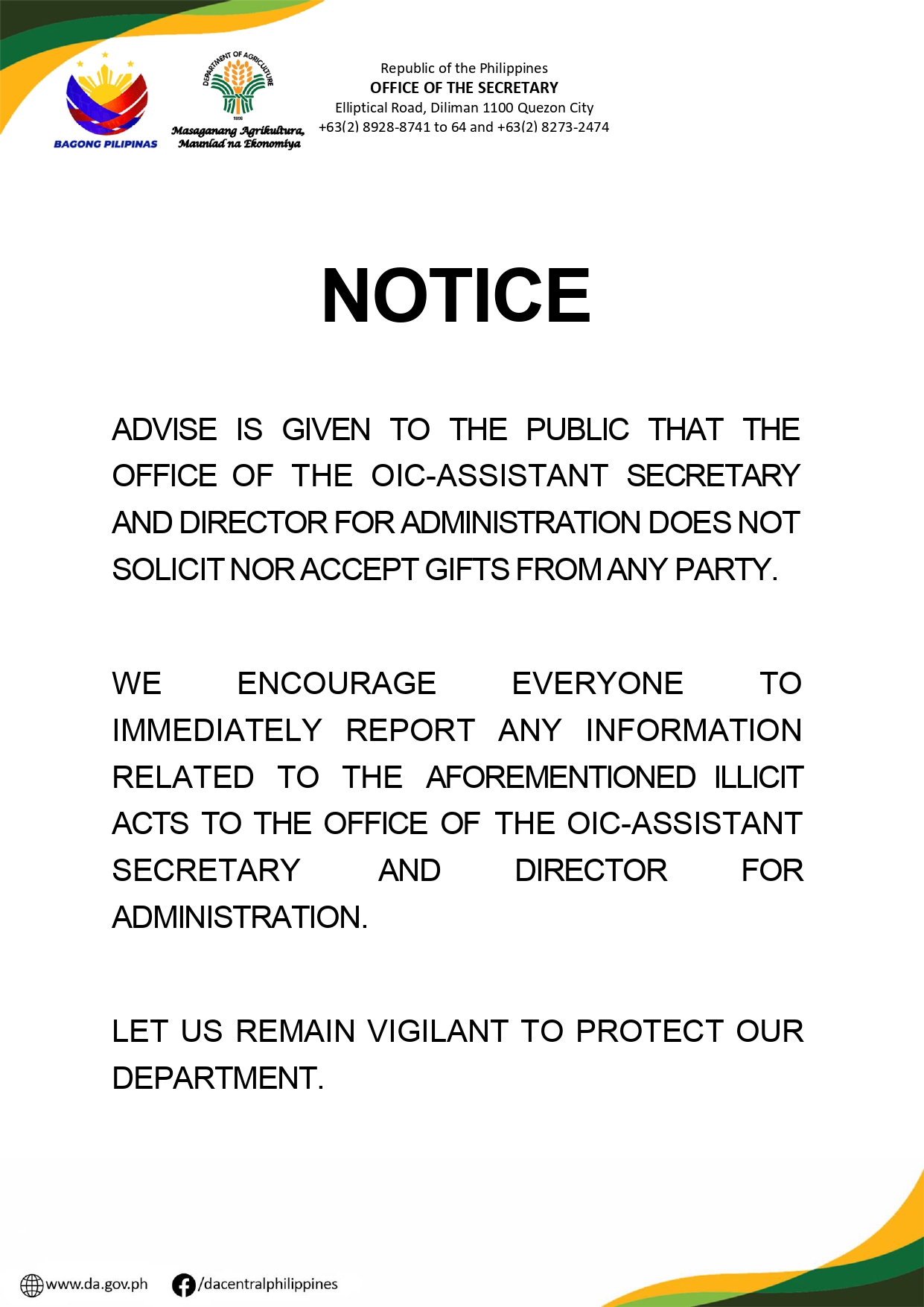
The Southeast Asian Regional Center for Graduate Study and Research in Agriculture (SEARCA) and the Department of Agriculture (DA) partnered for the conduct of the online Inception Workshop for the Development of the Philippine Processed Pork Roadmap cum Policy Roundtable Discussion on February 16, 2022.
The workshop is part of the technical assistance to the Philippines of the “Agricultural Transformation and Market Integration in the ASEAN Region: Responding to Food Security and Inclusiveness Concerns (ATMI-ASEAN)” funded by the International Fund for Agricultural Development (IFAD) and implemented by the International Food Policy Research Institute (IFPRI) and SEARCA. The workshop was facilitated by the Philippine roadmap development team and ATMI-ASEAN Project Support Unit.
Some 50 multisector stakeholders from relevant government agencies, private sector, key livestock industry players, and the academe participated in the workshop.
Speaking at the opening of the workshop, Dr. Glenn Gregorio, SEARCA Director, noted the timeliness and relevance of this initiative given how the agriculture sector took the frontline during the global crisis. He stressed how crucial the workshop and roundtable discussions would be as a wide range of stakeholders in the agriculture value chain are being engaged in the process of formulating the national roadmap for processed pork, a highly consumed commodity.
On behalf of Agriculture Secretary William D. Dar, Dr. Reildrin G. Morales, DA-Bureau of Animal Industry (BAI) Director, reiterated the timeliness of this initiative in line with the goal to elevate the gains of Filipino farmers, particularly those in the hog industry who were affected by the African Swine Fever (ASF).
Despite the transfer of regulation of the meat processing industry to the Food and Drug Administration by virtue of the Food Safety Act of 2013, the industry, in general, remains to be one of the major importers, making it a “vibrant stakeholder” of DA, Dr. Morales said.
If the country’s locally grown animals, like hogs, will be able to meet the requirements of the meat processors, the DA sees that the output of the livestock sector will have a steady market that can spur growth and expansion of local production, thereby meeting the expanded local demand.
Dr. Morales expressed optimism that the outputs of the inception workshop will include “much-needed recommendations for policy consideration” and “workable strategies and programs” for the sector that can be sustained throughout the identified span of the roadmap being developed.
The final output of this SEARCA-DA collaboration is the Philippine Processed Pork Roadmap, which is intended to supplement the Hog Industry Roadmap being developed by DA. The highlights of the latter, titled “Rebooting the Philippine Hog Industry, 2022-2027,” were presented by Dr. Ruth Miclat-Sonaco, Director of the DA National Livestock Program and the DA-Agricultural Training Institute (ATI) International Training Center on Pig Husbandry.
The inception report prepared by the roadmap development team, led by Jewel Joanna Cabardo, Assistant Professor at the University of the Philippines Los Baños (UPLB) and agribusiness value chain expert, was presented to the stakeholders in attendance. With Cabardo in the team are Nohreen Ethel Manipol, UPLB Assistant Professor and commodity expert; Leilani Briosos-Mc Donough, the industry expert and private sector representative; and Riomara Laguerta, research assistant. They shared with the stakeholders the participatory approach to be used and the proposed activities for the successful development of the Philippine Processed Pork Roadmap.
An open forum gathered insights and feedback from the stakeholders regarding the data collected and proposed plans in moving forward with the exercise.
SOURCE: https://journal.com.ph/















